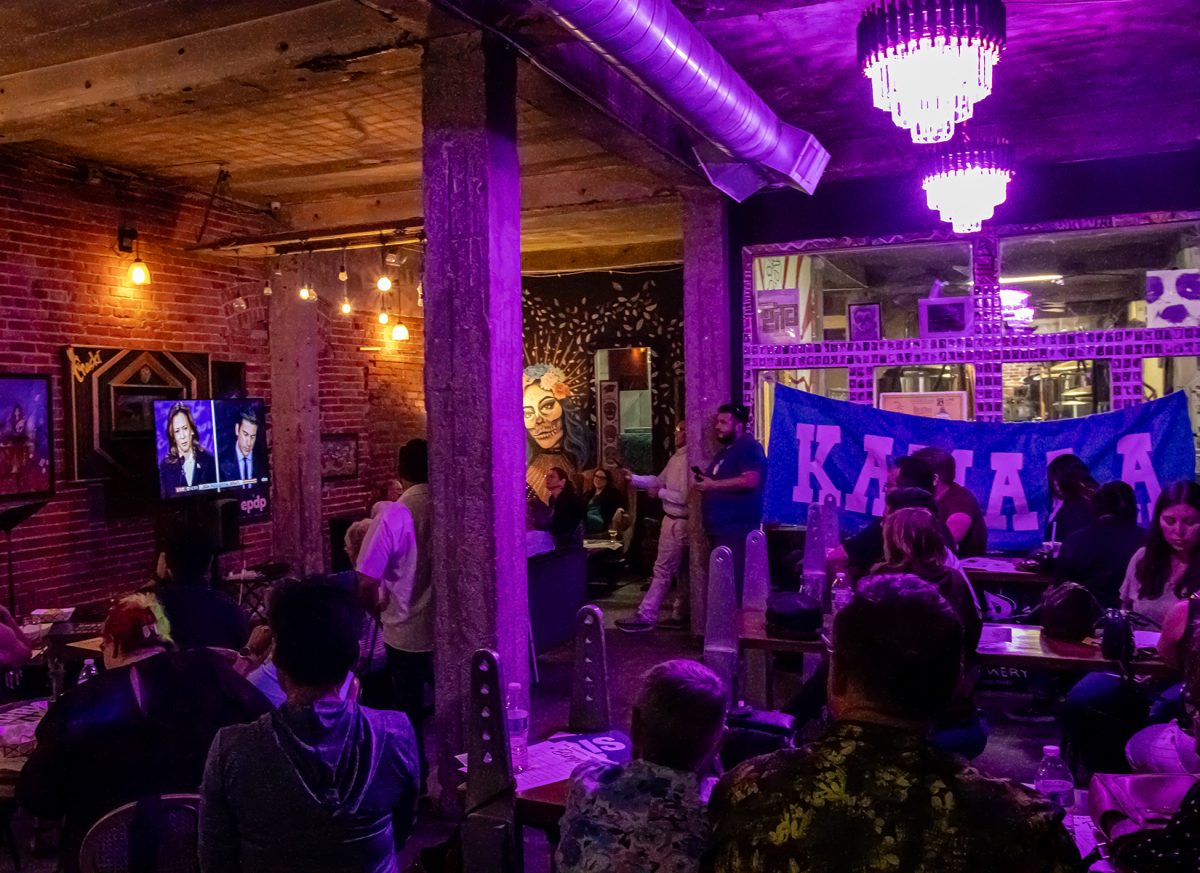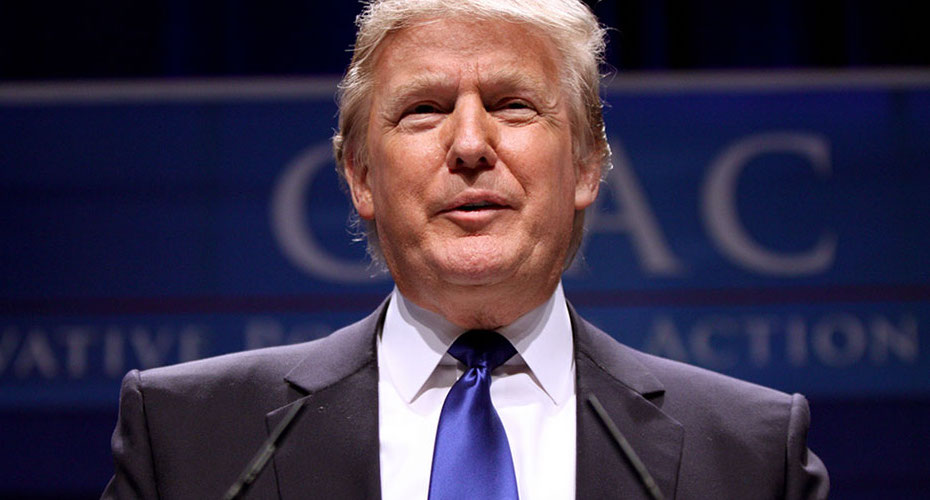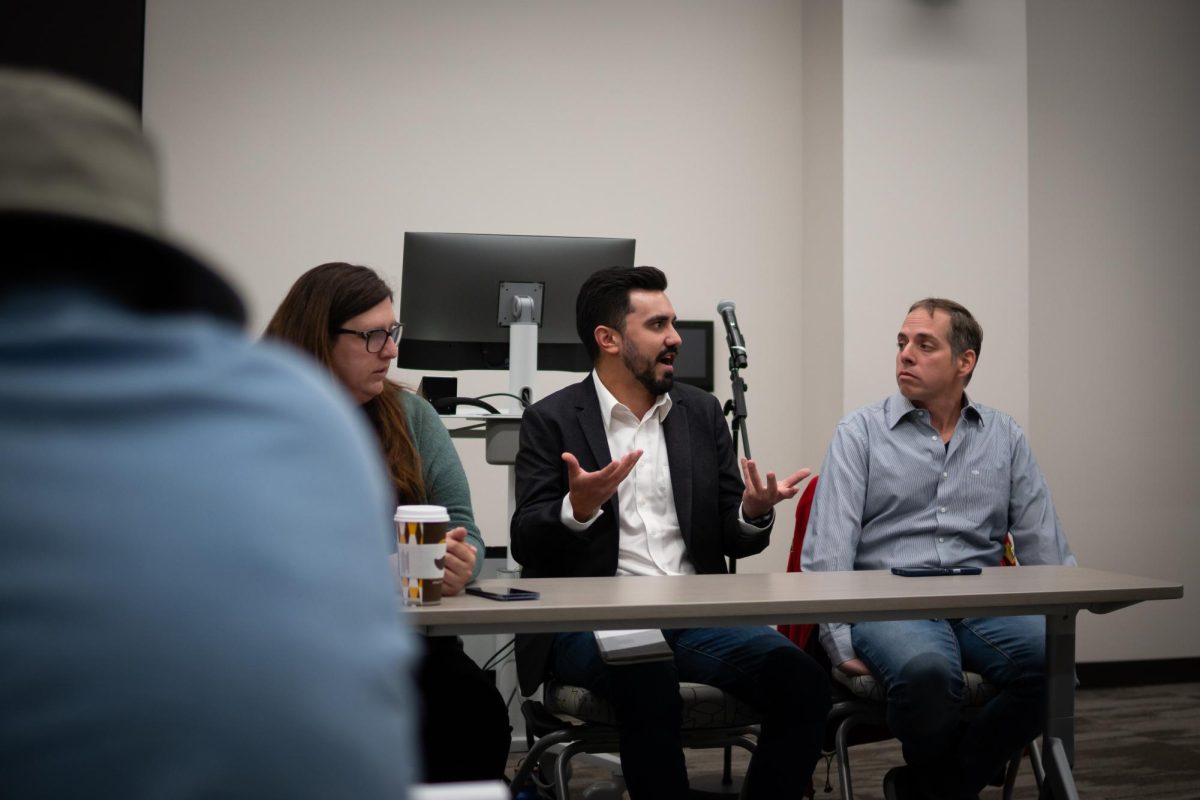While El Paso has long been considered a safely Democratic city, as we approach the upcoming elections, there is a growing conversation about whether the city will continue its strong Democratic alignment.
Historically, the city has maintained a reputation for voting for Democratic candidates into offices at the local, state and federal levels. In 2020, 66% of El Paso residents voted blue during the presidential elections, while in 2016, that number was at 68%.
Ashley Rodriguez, a political science professor at the University of Texas at El Paso, attributes these statistics primarily to the city’s demographic makeup, with over 80% of the population identifying as Hispanic.
Many individuals from this ethnic group have historically supported the Democratic Party, influenced by the party’s positions on key issues such as immigration reform, workers’ rights and access to healthcare—concerns that statistically, have taken precedence within Black, Indigenous, and Hispanic communities.
However, Rodriguez stresses that the Latino vote is far from monolithic. As the political landscape shifts, multiple factors continue to influence voter sentiment, with some reinforcing existing loyalties while others push voters in new directions.
One continuous thread in El Paso’s potential shift is local economic frustration, particularly in regard to property taxes.
According to Rodriguez, El Paso’s property tax rates are higher than in other Texas cities due to lower property values.
“For example, a home here, that’s like 120,000 is like 600 maybe 700,000 in Dallas. And so, the idea is to make up that tax deficit, you tax a higher percentage,” said Rodriguez.
However, since the pandemic, home values in the area have risen, leading many to call for a reassessment of tax percentages.
“I think that definitely gets under people’s skin,” said Rodriguez. “It can lead people to shift to the right, given the sort of conventional wisdom that we believe that Republicans are going to cut taxes, whereas Democrats won’t.”
While economic frustrations over property taxes play a significant role in shaping voter behavior, Rodriguez also points out that shifting cultural dynamics—especially around gender norms—are influencing voter sentiment.
Traditionally, Latino communities have upheld more conventional gender roles, but this is changing. Rodriguez emphasized that these changes are particularly impacting Latino men’s political leanings.
“I feel like part of the conservative movement right now and the Republican Party has been one to sort of reestablish gender norms or gender roles that might lead to more Latino men than typically would have in the past,” said Rodriguez.
“If we just look at like contemporary news with the presidential cycle, like JD Vance and that ‘childless cat lady’ comment— the conservative party is sort of reasserting themselves with this kind of male dominance.”
The “childless cat lady” reference from J.D. Vance became notable during a speech he gave at the National Conservatism Conference in 2021.
Vance, a Republican senator from Ohio and current running mate for former President Trump, used the term to criticize what he perceived as the cultural and political influence of progressive, unmarried women who do not want children, and prioritize careers over family life.
The comment, while inflammatory to many, taps into a deeper trend within conservative politics: the reassertion of male dominance and traditional family values in a modern world.
This shift is reflected in the broader conservative movement, with these beliefs at the forefront of political discourse.
While El Paso is unlikely to turn red anytime soon, Rodriguez believes these issues could lead to more competitive elections.
Michael Apodaca, Chair of the El Paso Country Democratic Party, stressed the importance of mobilizing newer generations of voters. Apodaca explained that one of the clearest paths to El Paso maintaining its blue reputation is by engaging younger voters, pointing out how key democratic issues —like expanding healthcare access, reducing student debt, and increasing Pell Grants— directly affect students and young people.
“Biden was successful, Obama was successful, technically Hillary was successful minus the technicality, but it’s all because of young voters. And so, we definitely need to win that youth vote,” said Apodaca.
While Democratic values are still intrinsic to El Paso’s identity— both past and present— engaging younger voters and addressing key economic and cultural issues will be vital to maintaining their hold on the city.
Whether El Paso’s Democratic dominance will shift through this election remains an open question—but one worth watching closely.
Rumi Sevilla is a staff reporter for The Prospector and may be reached at [email protected]









Peter Pap • Apr 5, 2025 at 8:38 PM
Nothing but Trump signs in El Paso, tx. No biden, and few Kamala signs were here.